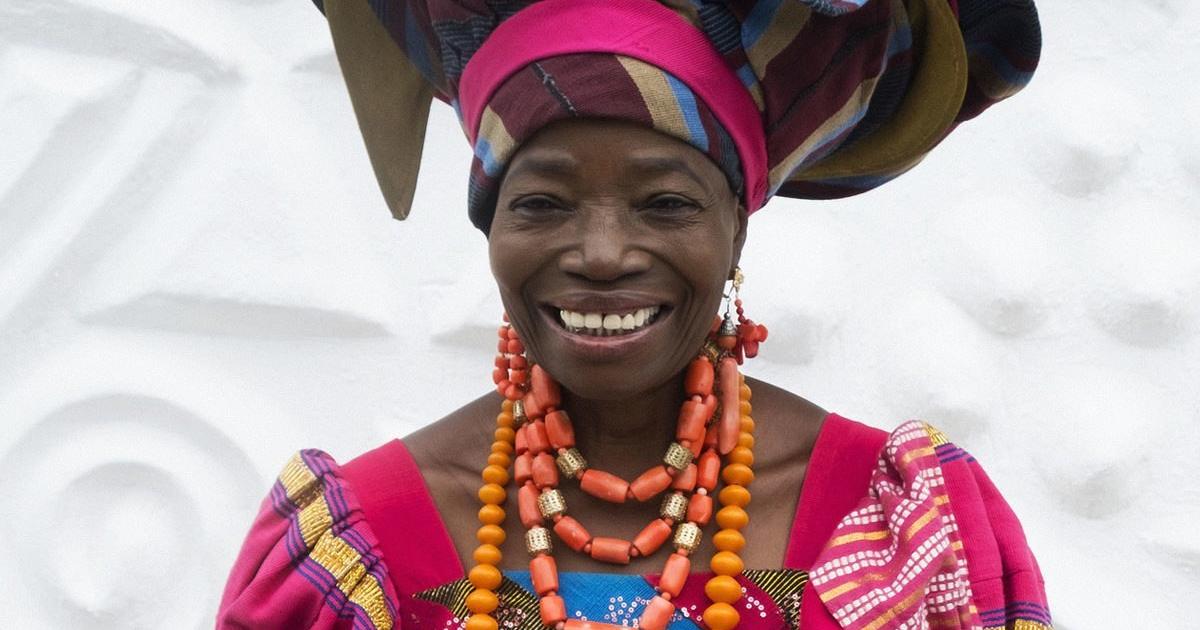The economic crunch occasioned by the removal of fuel subsidy has grossly affected commercial sex workers in Kano State as they groan as a result of low patronage by their customers.
They expressed their pains during interview in Sabon Gari area of Fagge Local Government Area of the state on Sunday.
The sex workers in the ancient commercial city, who hitherto smile home with their pockets full, now resort to lobby customers to do “business” with them at very ridiculous low charges.
Ms Mercy Benjamin said that before now, a round of “short time” service could be settled with N5,000 within a time frame of one hour, but the biting effects of fuel subsidy removal had forced customers to disappear.
Benjamin said one round of sex now go for as low as between N500 and N700 for the same services.
“Things are not really going on well with this business for now because of the present economic challenges we are facing,” she said.
Another sex worker ,who identified herself as Jennifer, said that it is no longer
business as usual for them, saying “my brother, business is no longer moving as it used to be.
“Things have become so hard that if you see more than three customers in one day, you will thank God. Customers are hard to come by, and when they come, the offer is nothing to write home about.
“In this very particular room, I pay N5,000 every day; and I must confess to you that I am owing the management three days debt now because of low patronage.
“Before fuel subsidy removal, we were enjoying high patronage with good prices. These days, I used to attend to seven to 10 customers everyday with good prices ranging between N5,000 and N10,000 for short time services.
“This is apart from other incentives like good food, drinks, chicken, Isi-ewu and other goodies that customers provide on their own volition.
“Unlike now when customers hardly come to hang out in the evening, we used to have customers on day-break ready to offer well above N20,000 and also take care of your accommodation, food and drinks. This is really hardtimes for us,” she said.
Jennifer further stated that most of her colleagues who could not pay for their rooms have returned home with regrets of penury.
“Some of them left without their property as the hotel management seized their cloths and electronics because of the money they are owing. We that are still here are surviving through the grace of God,” she explained.
Narrating her latest experience as a result of the cash crunch, Ms Helen Ediga at Onitsha Road, said she ready to quit the business if given alternative source of livelihood.
Ediga, who only agreed to talk after being offered a token of N1,500 and a bottle of Maltina to cover her time, said:
“Sir, I am not happy being into this kind of business. It is hardship that led me into it. I am a single mother with three children. I am the only one that take care of them.
“My man left us in Kano and relocated to Abuja where he is currently staying with another woman.
“I come out every evening to hassle so that I can put food on the table for my three children and possibly train them.
“Since the fuel subsidy removal, we have been suffering. In most cases, I will spend the whole day without anyone asking me ‘how are you’.
“It has been a very bitter experience. If I have other means of livelihood, I will definitely quit this business!”, Ediga said.
It was also gathered that the sex hawkers who usually stand along Enugu Road, Aba Road, Onitsha Road and Abbedie Street, among other hotspots within Sabon Gari, are worse hit by the situation as most of them complain of staying throughout the day, scouting for customers without success.
Findings further revealed that night clubs, fun centres and beer drinking joints now record very low patronage as residents hardly come out in the evening for relaxation or to have “good time” due to the cash crunch.



